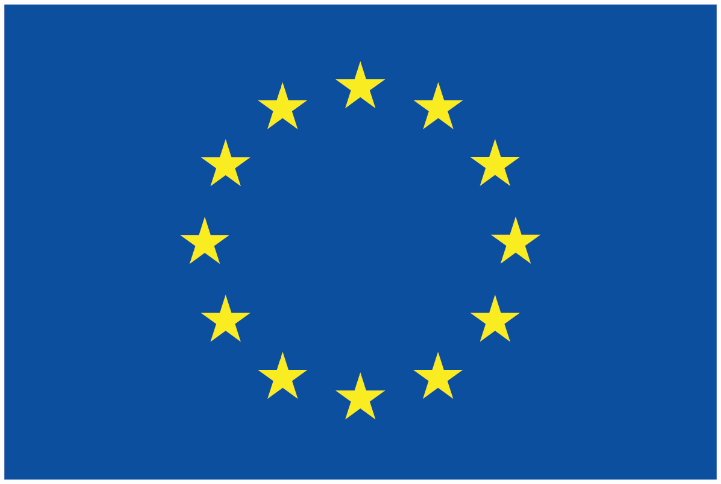- Developing methods to reduce stress and promote health in salmon
– If we’re able to develop a vaccine against the salmon louse, this will be a more sustainable alternative than chemical treatments, which are harmful for the environment or stressful for the fish, SEAS fellow Virginie Comorge says.
Main content
The SEAS programme has allowed the creation of a diverse community of researchers who work related to the same big goal but tackle it from different angles.
What attracted you to being a researcher and then to the SEAS programme?
I have always been interested in understanding how things work, how an organism lives, so that is why I have been attracted to being a researcher. I like trying to answer questions and solve problems, and this was the job description of being a researcher. I have been attracted to the SEAS programme because I had found a subject in molecular biology on the interaction between a host and a parasite, and the possibility to work in Bergen.
Can you give a description in general terms of your SEAS project?
I am working of the interaction between salmon and the parasitic salmon louse. There is a phase in its life cycle where the salmon louse attaches firmly to salmon thanks to an organ called a frontal filament. I am trying to investigate how the parasite can attach to salmon via this frontal filament, by understanding how it forms and what it is made of. Knowing this will help develop a vaccine against salmon louse.
Are you seeing any results that might also give you a way forward in your future research?
Discovering at a molecular level how the frontal filament is formed and what it is made of will help find targets for the development of a vaccine against the salmon louse.
What have been the pros and cons of the SEAS programme in terms of resources, in terms of community, or in terms of cooperation with industry and society at large?
The SEAS programme has allowed the creation of a diverse community of researchers who work related to the same big goal but tackle it from different angles. This network is very valuable as it helps us to exchange and discuss while not coming from the same field. I also appreciate that this program tries to link academia with industry via its industrial partners and the possibility to do externships, as I believe it is beneficial to have this bridge between university and industry.
The SEAS programme allows us to work on projects we have developed, but the resources allocated to research are rather limited, making us depend on the hosting team. This may affect the orientation our project takes, as we need to use research money that is linked to other projects.
What has been your experience of being located in Bergen?
Bergen is a great city to live and work in. It is a dynamic city with many possibilities in biology and aquaculture, and culturally lively, making it very pleasant. It has this delicate balance between the calm of small cities and the commodities and infrastructures found in bigger cities that preserves us from stress and lets us feel comfortable in the city.
| Photos below: Virginie splits her time between work - here in the lab (left) - and exploring Bergen and its many narrow, old cobbled streets and local attractions (right) |

Photo:
Mariana Vaz
| 
Photo:
Bram Danneels
|
In what ways does your project connect to the UN sustainability goals, or otherwise connect to the topic of marine sustainability?
My project connects to the UN sustainability goal 14: Conserve and sustainably use the oceans, seas and marine resources for sustainable development. Indeed, finding what the frontal filament is made of will help find targets for a vaccine against the salmon louse.
Developing a vaccine against the salmon louse is a more sustainable alternative to chemical treatments, which are harmful for the environment and little effective nowadays. It aims also to promote better fish welfare, as the need for non-medicinal treatments against the salmon louse will be reduced, meaning that there will be less need for handling salmons, reducing stress and promoting salmon health.
How do you spend your free time?
I like playing board games and roleplaying games (Dungeons and Dragons for example). In addition, I enjoy volunteering twice a year in festivals in Bergen: the Bergen International Film Festival and Beyond the Gates.
Where do you see yourself in 5 – 10 years?
I do not have a pre-defined plan in my head, but what I can say is that I see myself working in Bergen or in Norway. It could be in a lab as a molecular biologist, in communication or in mentorship/coaching, or something that I have not imagined yet!



